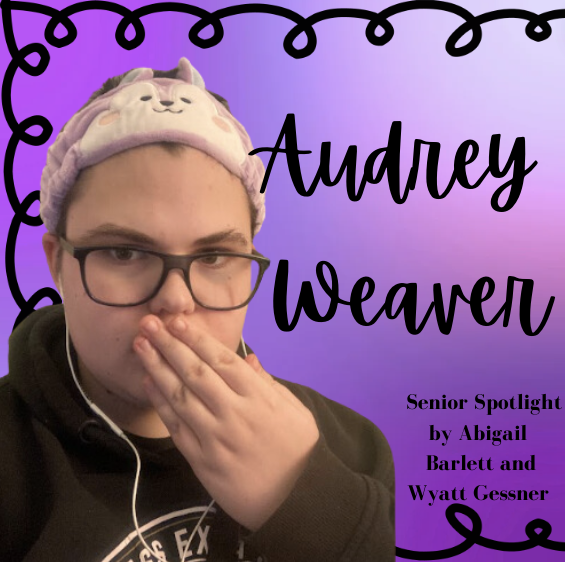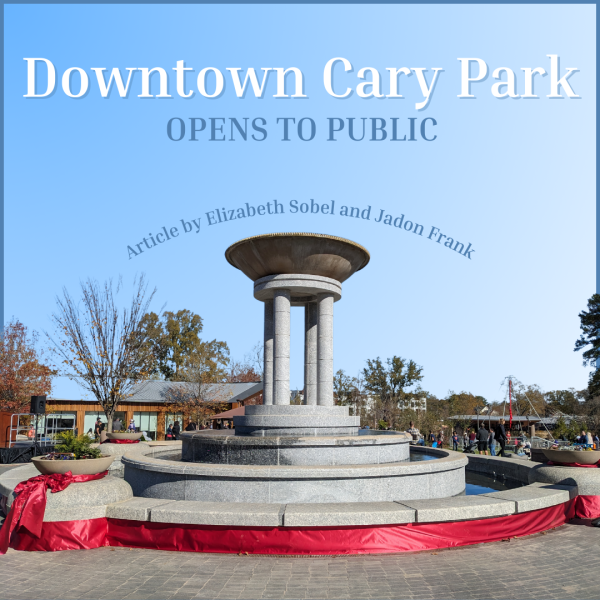Florida Legislation Passes ‘Don’t Say Gay’ Bill Leaving Critics Wondering What Comes Next
For weeks, teachers, parents, and students alike have been restlessly watching the Florida House of Representatives. The state’s House recently introduced a controversial proposal banning elementary school educators from discussing LGBTQ issues with their students. On Thursday, the House passed the measure critics have referred to as the “Don’t Say Gay” bill. This bill is scheduled to be discussed by the Republican-dominated State Senate on February 28th and where it is anticipated to be signed into law, legally forbidding primary school instructors from having “classroom discussion about sexual orientation or gender identity”
Representative Joe Harding (R) introduced the bill to the House, defending his decision by saying, “Creating boundaries at an early age of what is appropriate in our schools… is not hate.” Harding claims the bill will “empower parents” to choose when they want to teach their children about sexuality and gender. Rep. Carlos Guillermo Smith (D), one of the bill’s opposers, denounces Harding’s judgment. “We are in distress because this bill is yet another attack on our community,” the representative, who identifies as gay himself, said to his fellow lawmakers. He affirmed, “[The bill] sends a terrible message to our youth that there is something so wrong, so inappropriate, so dangerous about this topic that we have to censor it from classroom discussion.”
LGBTQ rights activists worry that if this bill is signed into law, the effects will be devastating. In a tweet by Joe Biden on February 8th, the president openly disapproved of the then-proposed legislation and showed his support for the affected population saying, “I have your back, and my Administration will continue to fight for the protection and safety you deserve.” Local and national opponents of this bill agree that if passed into law, it will negatively impact the psyches of young LGBTQ people. Melanie Willingham-Jaggers, GLSEN (Gay, Lesbian & Straight Education Network)’s executive director, says about the potential effects of the bill: “This would erase LGBTQ+ history and culture from lesson plans and it sends a chilling message to LGBTQ+ young people and communities.”
The “Don’t Say Gay” bill is just the most recent decision that could change life drastically for LGBTQ youth. This week, Texas Governor Greg Abbot urged the state’s Republicans to treat transgender healthcare as “child abuse.” Additionally, trans people in sports has recently resurfaced as an issue for conservatives. Youth.gov, a government organization for youth programs, found that 33% of transgender youth have attempted suicide, with numbers almost as high for LGB youth. It was discovered that this percentage was so high “due to bias, discrimination, family rejection, and other stressors associated with how they are treated because of their sexual identity or gender identity/expression.” America’s current attitude toward LGBTQ people, especially children, leaves advocates like Willingham-Jaggers wondering how they will pick up the pieces once the legislation takes effect.
Your donation will support the student journalists of Enloe Magnet High School, allowing us to cover our annual website costs. We are extremely grateful for any contribution, big or small!

(He/him)
This is Jonah's third year writing for the Eagle's Eye and his second on the editing team. Aside from writing and editing bomb articles, Jonah...

















